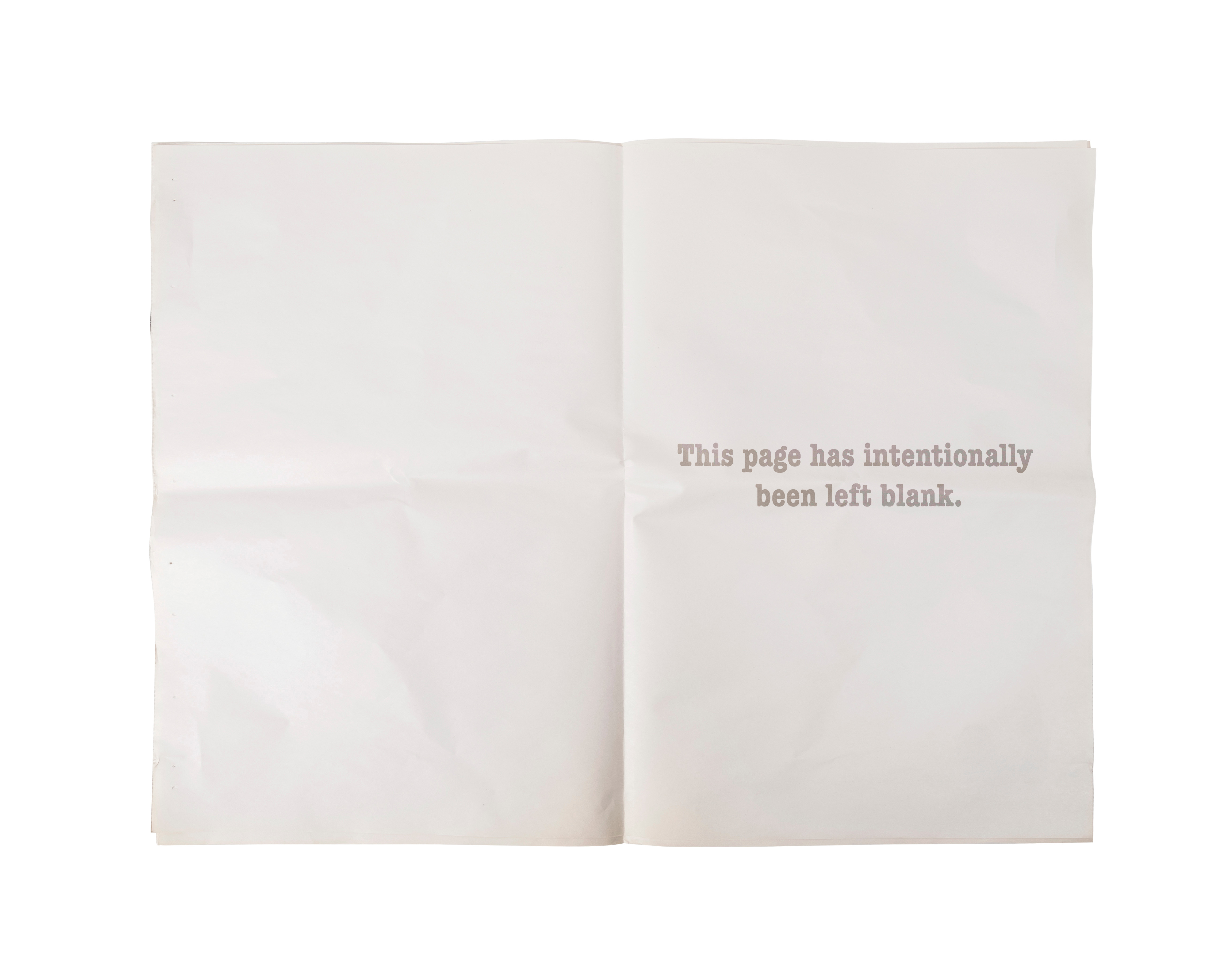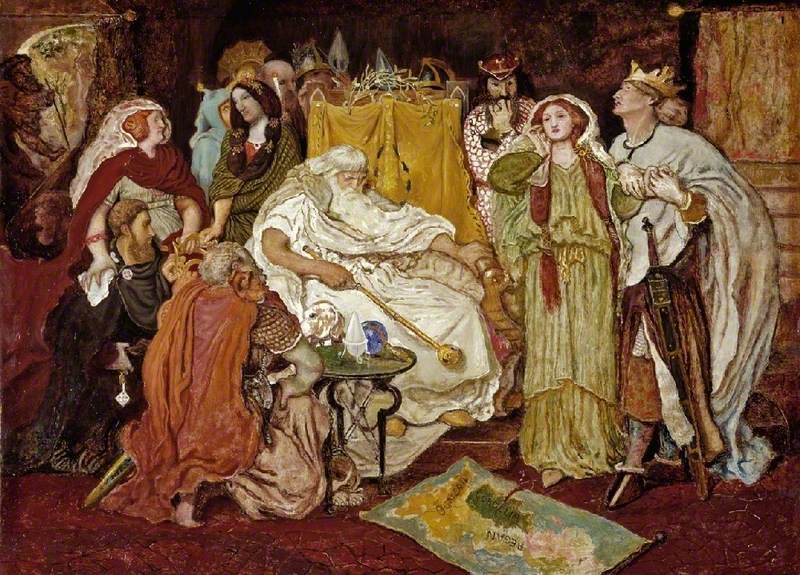
Politics & Society
Youth, waiting and action during Covid-19

People have been suspicious of ‘nothing’ going back all the way to the mathematical idea of “zero.” Yet there is real value in “nothing” and we need to appreciate it more.
Published 11 September 2020
Can something come out of nothing?
Last month a German University announced grants for students to do nothing. Hamburg Arts College is offering three scholarships each worth the equivalent of $A2,600 to students who are committed to idleness.
To qualify, students need to identify how their idleness will be productive, challenging the ancient dictum, associated with Parmenides – and more recently Shakespeare’s King Lear – that “nothing comes of nothing”.

My own interest in these themes comes out of my research work with youth. Parents in many parts of the world urge their children to ‘become something’. But youth across many parts of the world find themselves in deeply difficult social and economic circumstances right now. In places as diverse as Ethiopia, Georgia, India, and the UK, the absence of the desired ‘something’ has led many young people to regard themselves as ‘nothing’.

Politics & Society
Youth, waiting and action during Covid-19
The researcher Martin Demant Frederiksen has pointed to the rise of a particularly profound sense of nothingness among youth in Georgia, prompting him to write a whole book on the anthropology of nothing and state that “meaninglessness has become epidemic in the contemporary world.”
I have conducted research with educated unemployed young people in north India who characterise their early adult lives as one spent ‘doing nothing’, and they sometimes also refer to themselves as people who “are nothing”. They do so in part to distinguish themselves from poorer peers who cannot afford to remain unemployed.
Youth seeing themselves as doing and being nothing isn’t new. The famous Birmingham School of Contemporary Cultural Studies was involved in several studies of ‘nothingness’ among young people in 1960s and 1970s UK. Paul Corrigan wrote a famous short essay on kids “doing nothing” on the streets of Sunderland, describing in detail kids smashing milk bottles on the pavements of the city.

What may be relatively novel is the emphasis that young people are placing on nothing as productive. Drawing in part on Hindu and Buddhist philosophies, young people in India argue that ‘doing nothing’ and ‘being nothing’ can be important in developing new relationships, engendering social action, and initiating change. Nothing isn’t nothing; it is a type of positive emptiness or tense preparedness for action.
These observations resonate with much popular writing. Oscar Wilde famously remarked that, “To do nothing at all is the most difficult thing in the world, the most difficult and the most intellectual.” Bertrand Russell made similar points in his book In Praise of Idleness, as has Rebecca Solnit in writing about walking and reverie.

The importance of nothing/nothingness and its potential value is an idea relevant to the work of many in the Arts and Humanities. Nothing has become an enormously productive basis for creative work.
John Cage famously composed a piece called 4 minutes 33 seconds in which the orchestra sits in silence. The silence has different qualities when the piece is played in different settings.
My colleague, Associate Professor David McInnis, at the University of Melbourne, works on plays that were lost in the sixteenth and seventeenth centuries. David has analysed these lost plays through deciphering how they have influenced the plays that do survive, titling his book: Nothing Comes out of Nothing? Again, nothing produces new understanding.
In his book Signifying Nothing, Brian Rotman develops this argument across a range of fields. He argues that the European renaissance was driven in part by two great generative discoveries related to nothing: the development of the vanishing point for perspective in art and the introduction of paper money in economic exchange – something of apparent ‘zero value’ since it wasn’t made of silver of gold.
The positive content of nothing and potential value of nothing is also one that can be applied easily to the sciences and mathematics. A third great driver of the European renaissance was the introduction of zero in arithmetic (Europeans were initially suspicious, arguing that the notion of zero brought to them by Arab traders was “dark Saracen magic”).
Much scientific discovery since the European Enlightenment has centred around nothing. As John Barrow explains in his Book of Nothing, scholars have used close observation of voids, vacuums and empty spaces as means of driving new understanding. He concludes: “The human mind has had to make something of nothing in every field of human enquiry”.

Arts & Culture
Friends, Romans, Fake News
Shakespeare, too, would agree. In the prologue to Henry V he writes:
O pardon! Since a crooked figure may
Attest in little place a million;
And let us, ciphers to this great accompt,
On your imaginary forces work
The ‘crooked figure’ here is zero, which can turn 1 into 1,000,000, and the ‘ciphers’ are the actors producing something (the battle of Agincourt) out of nothing.
Hamburg Arts College have it right. We need to do more on nothing. Nothing has value, nothing is something, nothing produces new ideas.
Banner: Shutterstock